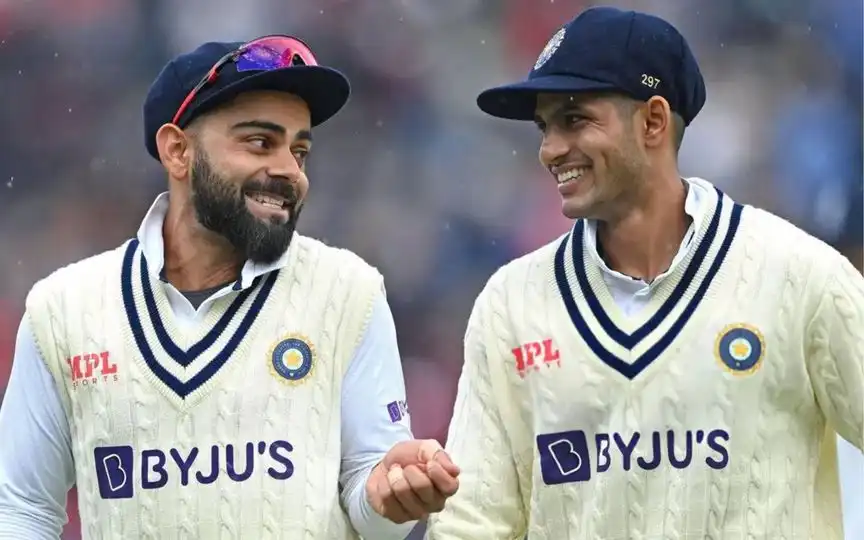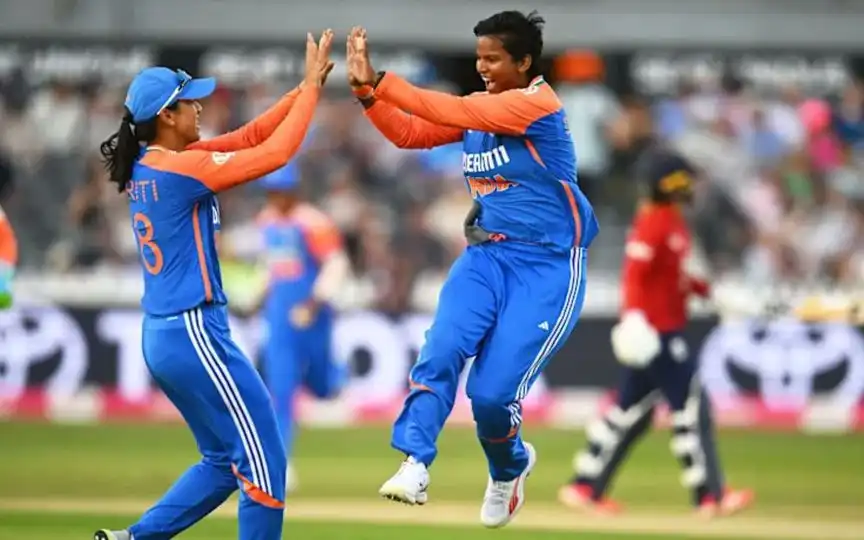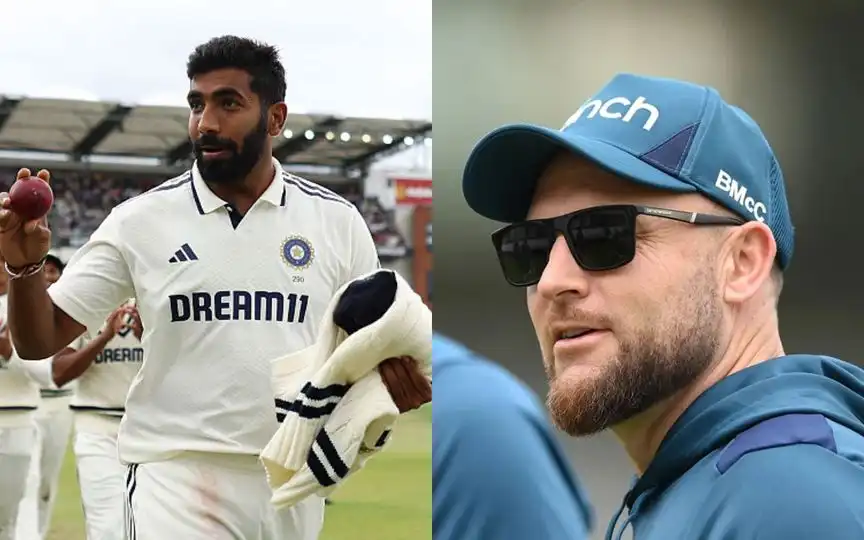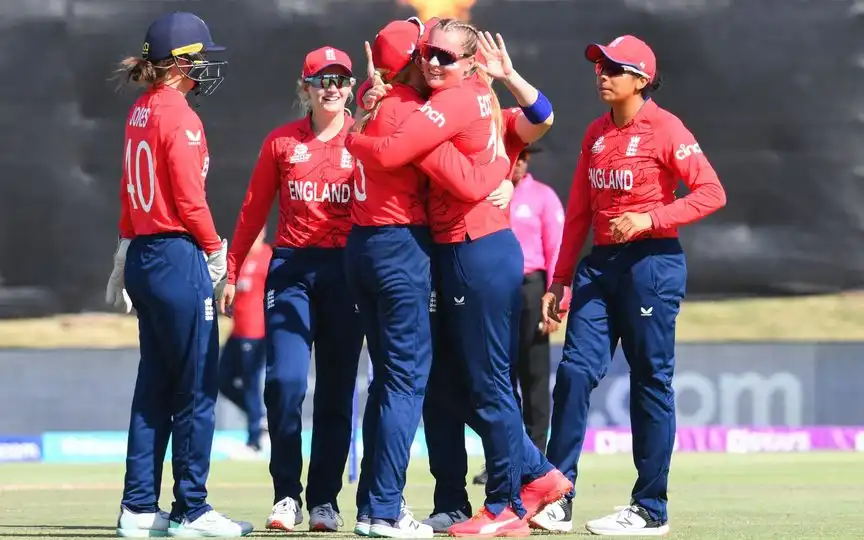![Shubman Gill after winning the Edgbaston Test [Source: AP Photos]](https://onecricketnews.akamaized.net/parth-editor/oc-dashboard/news-images-prod/1751968268213_shubman_gill.jpg?type=hq) Shubman Gill after winning the Edgbaston Test [Source: AP Photos]
Shubman Gill after winning the Edgbaston Test [Source: AP Photos]
When the BCCI announced Shubman Gill as India's Test captain for the England tour, the collective groan from cricket fans could probably be heard in Birmingham. "Too young," we said. "Unproven in England," we muttered. "This will end badly," we predicted with misplaced confidence.
Two Tests in, and Shubman Gill has made fools of us all.
The Doubts We Carried
The criticism was not entirely baseless. At 25, Gill was being handed cricket's most challenging assignment: leading India in England, where even seasoned campaigners had wilted.
"He's not ready," said the experts. "England will expose him," declared the fans on social media. We pointed to his technique against the moving ball, questioned his temperament, and wondered if captaincy could crush his batting form. How magnificently wrong we were.
The Prince Becomes King
What followed was not just good batting, but a masterclass in how cricket should be played under pressure.
His 147 at Headingley was a statement. Here was a young man refusing to be cowed by reputation or history. When England's bowlers proved for weaknesses, they found none.
But Edgbaston was where Gill truly silenced critics. His 269 wasn't just the highest score by an Indian captain - it was a love letter to Test cricket, written with elegant strokes on hallowed turf.
Numbers Prove Credibility
430 runs in a single Test match, the second-highest individual aggregate in history. Twin centuries in the same match - achieved by one captain ever before.
But beyond these numbers lies something profound. Gill didn't just accumulate runs; he did so with grace that spoke of a mind untroubled by external noise.
Every run was a riposte to critics. Every defensive prod was proof of technique honed for precisely these moments. When he went down the track against the spinners or dispatched the pacers, he was not just scoring - he was painting art.
The Captain We Didn't Expect
Perhaps our biggest misjudgment was about his captaincy. We feared a deer in headlights; instead, we got a natural leader who seemed born for the role.
Great captains lead from the front. Gill's twin centuries were not just personal milestones; they were captain's knocks of the highest order, inspiring teammates while demoralising the opponents.
When Akash Deep claimed the match-winning wicket in the second Test, it was Gill who pouched the catch. Perfect symbolism: the young captain having the last word in India's first Edgbaston victory.
The Parallel We Missed
Like Virat Kohli before him, Gill scored centuries on his captaincy debut and in his second Test as captain. The similarities are not coincidental; they speak of cricketing DNA that thrives under pressure.
A New Era Begins
As Gill walked off after his match-winning performance, applauding the crowd, it felt like more than a Test match ending. It felt like the changing of the guard.
The boy from Fazilka who once obsessed over cricket scorecards has become the man leading Indian cricket's next chapter. He has achieved this through cricket's most eloquent language, runs when they matter the most.
The Apology We Owe
So here it is: Sorry, Shubman Gill.
Sorry for doubting your readiness. Sorry for questioning your technique. Sorry for assuming you would crumble. Sorry for not seeing what was obvious; that you were exactly what Indian cricket needed.
Your response to scepticism has been perfect - brilliant cricket. You have let your bat do the talking in eloquent sentences that left us speechless.
'The Prince' of Indian cricket has become its King, and the kingdom has never looked safer.
We promise to be better judges of character. Though knowing cricket fans, we probably won't be.
The series continues at the Lord's. Based on what we have seen, we would be foolish to bet against him. But then again, we have been foolish before.




.jpg?type=mq)
